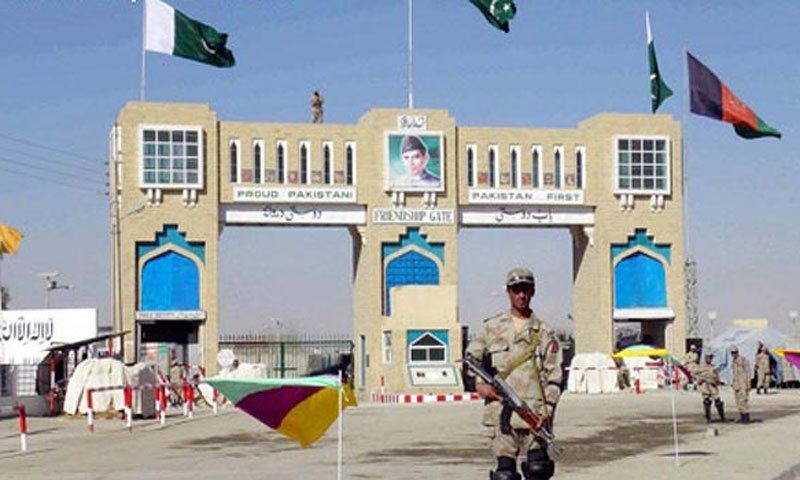The Government of Pakistan is taking a significant step to bolster its border security with the implementation of the One Document Policy at the Chaman Border. This move comes as part of broader efforts to strengthen national security and streamline cross-border travel procedures. The policy mandates that all individuals crossing the Chaman Border must possess a valid passport, ensuring a more controlled and secure flow of people between Pakistan and its neighboring regions.
Latest updates
I am an experienced content writer with a passion for crafting engaging and impactful content across various platforms. Skilled in audience research, storytelling, and SEO optimization. I am proficient in creating clear, concise, and compelling copy that resonates with readers. Strong ability to adapt tone and style to suit diverse audiences and brand voices. Dedicated to delivering high- quality content that drives results and enhances brand visibility.
Prev Post


Comments are closed, but trackbacks and pingbacks are open.